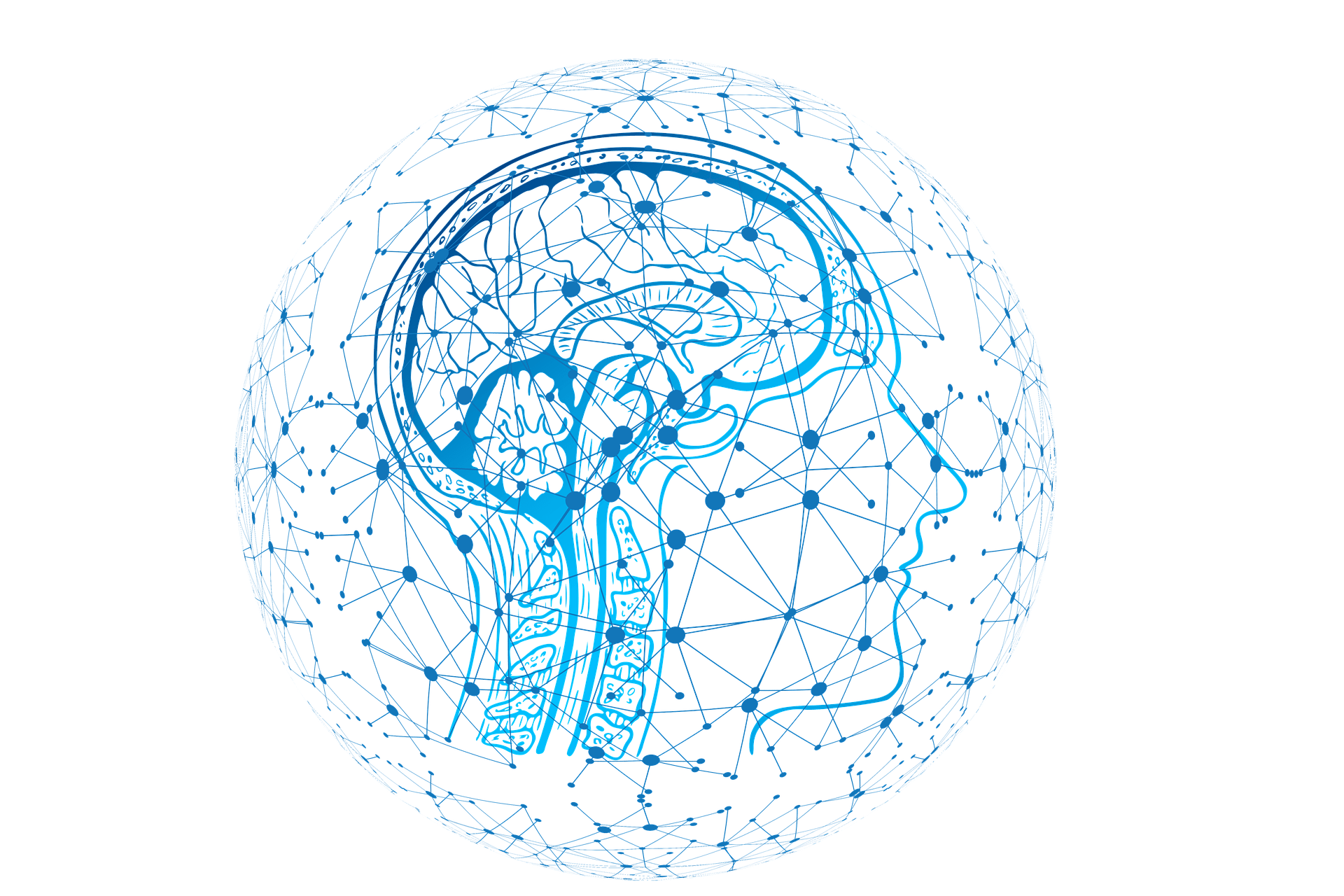Why are we extremists sometimes?
Have you ever wondered why some people seem to tend toward extremism?

The psychology behind extremism

Seeking validation and identity
For some individuals, engaging in extreme behaviors or holding extreme beliefs can provide a sense of validation and identity.
By aligning themselves with a particular cause or group, they feel a sense of belonging and purpose. Extremism may offer a way to stand out and be recognized as someone with strong convictions.
Emotional regulation
Engaging in extreme emotional situations may also serve as a way to regulate our emotions. When we are feeling overwhelmed or emotionally numb, seeking out extremes can help us feel alive and in control.
It allows us to channel our emotions in a way that feels impactful and cathartic.
Impaired decision-making
When we are caught up in the intensity of extreme emotions, our ability to think rationally and make sound decisions may be compromised. We may become more impulsive and prone to taking unnecessary risks.
This can have serious consequences for our well-being and the well-being of those around us.
Alienation and radicalization
Extremism often involves aligning ourselves with a particular group or ideology, which in some cases, can lead to feelings of alienation from those who do not share our beliefs.
This can create an us-versus-them mentality and fuel radicalization.
It might also lead to the exclusion and marginalization of individuals who do not conform to the extreme views held by
a particular group.
Finding a balance!
While it is natural to seek out intense experiences and emotions, it is important to find a balance in our lives.
Embracing extremes should not come at the expense
of our well-being or the well-being of others.
Here are some strategies to help find that balance:
- Self-reflection
Take the time to reflect on your motivations for seeking out extremes.
Are you looking for validation, excitement, or emotional regulation?
Understanding your underlying motivations can help you make more conscious choices.
- Engage in healthy outlets
Find healthy outlets for intense emotions or desires.
This could include engaging in physical exercise, practicing mindfulness, or pursuing creative endeavors.
These outlets can provide a sense of fulfillment and excitement without the negative consequences associated with extremism.
- Seek support
If you find yourself struggling with extreme behaviors or beliefs, consider seeking support.
Having a safe space to explore your emotions and beliefs can help you find healthier ways to navigate your desires for intensity.
By understanding the reasons behind our search for intensity, we can make more conscious choices and find healthier outlets for our desires.
Remember, finding a balance is key to living a fulfilling and sustainable life.
So, why are we extremists sometimes?
It's a complex question with no easy answers, but by exploring the underlying motivations
and consequences, we can gain a deeper understanding of ourselves and our capacity for extremes.
I genuinely value each and every one of your unique thoughts and opinions.
Whether you want to challenge my views, add your own insights, or simply ask a question, I'm here to listen and engage!
Want some inbox love?
Join my mailing list!




















